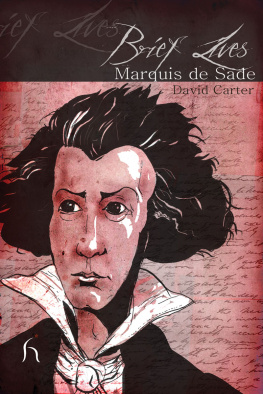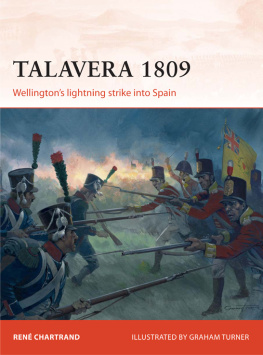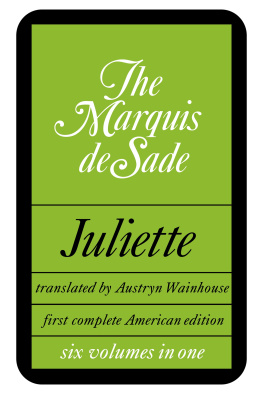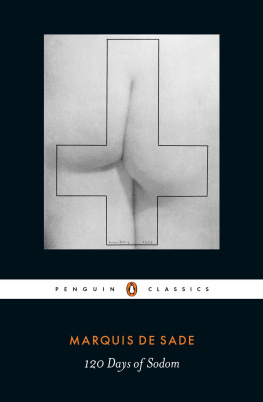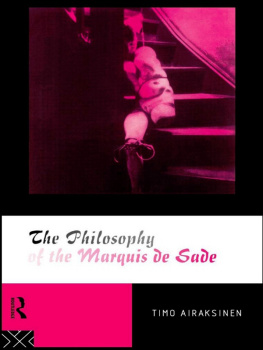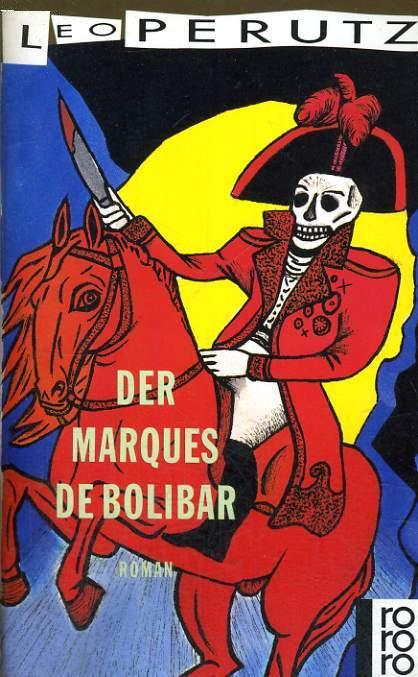
Leo Perutz
THE MARQUIS OF BOLIBAR
Translated from the German by John Brownjohn
Perutz, Leo [Der Marques de Bolibar, English] The marquis of Bolibar. 1. Title II. Brownjohn (J. Maxwell), John Maxwell, ISBN 0-00-271095-1
Published in Austria by Paul Zsolnay Verlag, Vienna under the title Der Marques de Bolibar Originally published in Great.Britain 1926 First published by Collins Har.vill 1989
CONTENTS
FOREWORD
The death of Eduard von Jochberg occurred at Dillenburg, a small town in the former Duchy of Nassau, not long before the outbreak of the Franco-Prussian War. An eccentric and almost pathologically uncommunicative old gentleman, he spent most of each year on his country estate. It was only toward the end of his life, when his health began to fail, that he moved to the little market town for good.
None of Herr von Jochberg's few close acquaintances horses and hounds were his principal companions - knew that he was an old soldier who had, in his youth, participated in some of Napoleon I's campaigns. No one had ever heard him allude to his experiences during this period of his life, far less describe them in detail. Those who had known him were all the more surprised, therefore, when his personal effects yielded a bundle of manuscript, neatly tied and sealed, which proved on closer scrutiny to be his recollections of the Peninsular War.
This unexpected find caused a considerable stir throughout the province of Nassau and in the adjoining Grand Duchy of Hesse. Articles on Herr von Jochberg's memoirs appeared in the local press, together with long excerpts therefrom; scholars of repute inspected them; and the dead man's heirs his nephew Wilhelm von Jochberg, a lecturer at Bonn University, and an elderly lady from Aachen named Frulein von Hrtung were bombarded with offers by publishers. In short, Herr von Jochberg's memoirs were on everyone's lips, and even the war, which broke out soon afterwards, proved insufficient to dispel all public interest in them.
Why? Because they dealt with an obscure and hitherto unexplained chapter in German military history: the annihilation by Spanish guerrillas of two local regiments, the Nassau and the Prince of Hesse's Own.
Little information about this episode in the Spanish campaign can be gleaned from the literature on the subject. August Scherbruch, a captain in the service of the Grand Duchy of Hesse and a noted military historian of the Napoleonic era, devotes only two-and-a-half lines to "the tragedy of La Bisbal" in Der Kampf auf der Pyrenischen Halbinsel, 1807-1813, a six- volume work published by Langermann of Halle. Stranger still, Dr Hermann Schwartze, a Darmstadt historian who published an extremely painstaking account of the part played in Napoleon I's campaigns by Hessian troops, makes no reference whatever to the fact that two regiments belonging to the Confederation of the Rhine were wiped out to a man. It also escapes mention in the less comprehensive works by Kraus, Leistikov, and Fischer-Tbingen. A critical study entitled DieRheinbundtruppeninSpanien. Ein Beitrag zur Strategie der Unvernunft (Karlsruhe 1826) and published anonymously, doubtless by an officer discharged from the forces of Baden, is the only one to deal at length with "the catastrophe of La Bisbal", but without contributing any details of moment. It does, however, identify the officer commanding both regiments as Colonel von Leslie, a name that recurs in Lieutenant von Jochberg's memoirs.
Not unnaturally, somewhat fuller accounts are given by the opposing side. Among the major works available to me I would cite that by Don Silvio Gaeta, a colonel on the Spanish General Staff, who concludes that the defeat of the German troops at La Bisbal represented a definite turning point in the course of the campaign and crucially affected General Cuesta's further operations. Simon Ventura, an apothecary who, in addition to a life of Santa Maria de'Pazzi, a Handbook for Amateurs of Fungi and The Tulip Festival, a tragedy rather too turgid in style for the modern taste, wrote a history of his native La Bisbal, displays a largely accurate but purely superficial knowledge of the course of events. Pedro Orosco, too, mentions the destruction of the two regiments in Losjefersdela guerilla en las Asturias, a work of which I possess one of the few extant copies, though his account teems with glaring errors and inaccuracies.
All in all, however, these and other Spanish historical works do little or nothing to explain the astonishing fact that both German regiments vanished without trace. Lieutenant von Jochberg's literary remains alone shed light on the strange events that ultimately conduced to the tragedy at La Bisbal.
If Jochberg's account is correct, it presents us with a phenomenon unique in the annals of military history: the annihilation of the Nassau Regiment was directly occasioned - indeed, almost deliberately engineered-by its own officers! Despite the modern tendency to enlist explanations of an occult and mystical nature, not to mention concepts such as the "death wish" or autosuggestion, one finds this hard to credit. Professional historians will doubtless take a sceptical view of Lieutenant von Jochberg's memoirs and dismiss them as unduly fanciful. Far be it from me to censure them on that account. After all, how great a critical faculty can one attribute to a man who became convinced that one of the persons he encountered in Spain was the legendary Wandering Jew?
Lieutenant von Jochberg's reminiscences have been abridged to some two-thirds of their original length. Many passages not directly relevant to the subject - an account of the fighting at Talavera and Torres Vedras, a description of the so-called "stick dance" at La Bisbal, sundry digressions and conversations of a political, philosophical and literary nature, an appreciation of the art treasures in La Bisbal's town hall, and a long-winded exposition of the genealogical ties between Jochberg's family and that of Captain Count Schenk zu Castel-Borckenstein - all these have fallen prey to the editor's pencil. While denying the reader much that is of historical interest, this has enhanced the narrative's impact and inherent suspense.
And now let Lieutenant von Jochberg himself recount the singular experiences he underwent at La Bisbal, a town in the Asturian highlands, during the winter of 1812.
A MORNING WALK
It was eight in the morning when we at last sighted the two white church towers of La Bisbal. We were soaked to the skin, I and my fifteen dragoons and Captain von Eglofstein, the regimental adjutant, who had come to negotiate with the alcalde, or mayor of the town.
Our regiment had, the previous day, survived a fierce encounter with the guerrillas under their Colonel Saracho, whom our men for some reason unknown to me - perhaps on account of his corpulent figure - called the "Tanner's Tub". Having succeeded toward nightfall in scattering the rebels, we pursued them into their forests and very nearly captured Saracho himself, for he suffered from gout and could move but slowly on foot.
Thereafter we bivouacked in open country, much to the chagrin of my dragoons, who cursed their inability even to obtain some dry straw on which to sleep after such a day's exertions. I jokingly promised each of them a feather bed with silken curtains once we reached La Bisbal, and they professed themselves content.
I myself spent a part of the night with Eglofstein and Donop in the colonel's quarters. We drank mulled wine and played faro, hoping to cheer him, but he so persisted in talking of his late wife that we had to put down our cards and listen and it was all we could do not to give ourselves away, for there was no officer in the whole of the Nassau Regiment whose mistress Franoise-Marie had not at some time been.
Next page



